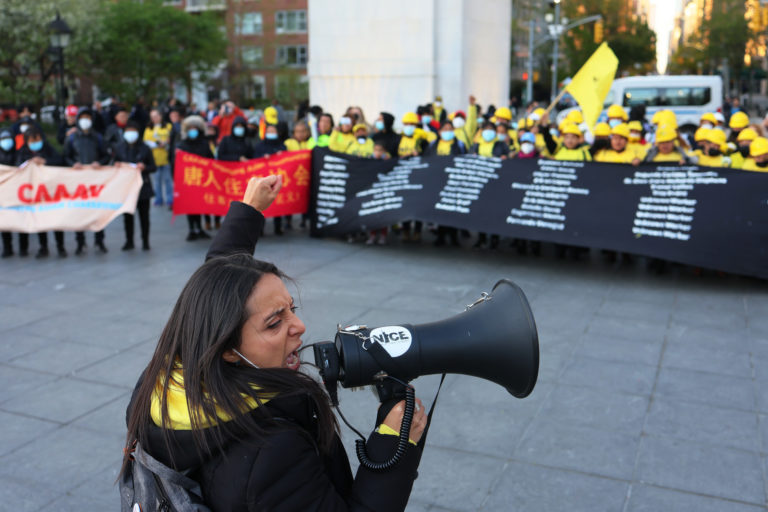
Benjamin Sachs is the Kestnbaum Professor of Labor and Industry at Harvard Law School and a leading expert in the field of labor law and labor relations. He is also faculty director of the Center for Labor and a Just Economy. Professor Sachs teaches courses in labor law, employment law, and law and social change, and his writing focuses on union organizing and unions in American politics. Prior to joining the Harvard faculty in 2008, Professor Sachs was the Joseph Goldstein Fellow at Yale Law School. From 2002-2006, he served as Assistant General Counsel of the Service Employees International Union (SEIU) in Washington, D.C. Professor Sachs graduated from Yale Law School in 1998, and served as a judicial law clerk to the Honorable Stephen Reinhardt of the United States Court of Appeals for the Ninth Circuit. His writing has appeared in the Harvard Law Review, the Yale Law Journal, the Columbia Law Review, the New York Times and elsewhere. Professor Sachs received the Yale Law School teaching award in 2007 and in 2013 received the Sacks-Freund Award for Teaching Excellence at Harvard Law School. He can be reached at [email protected].
At a moment when many are looking for new strategies to advance progressive political goals, The American Prospect and The Forge have published a roundtable-style discussion based on Kate Andrias’s and my article Constructing Countervailing Power: Law and Organizing in an Era of Political Inequality. In addition to Kate and me, the roundtable featured Steve Kest and Robert Kuttner. Here’s how The Prospect describes the piece:
How can organizations of poor and working people build countervailing power against large institutions? One strategy is to devise laws that create opportunities for organizing and political leverage to change the distribution of power and alter substantive outcomes. The National Labor Relations Act of 1935 is one such law. The NLRA invited and defended union organizing. The Community Reinvestment Act of 1977 is another such law. It created an affirmative obligation on the part of banks to serve communities, which in turn provided an organizing target. What laws like these have in common is that they don’t attempt to shift power directly but facilitate organizing for countervailing power.
Law professors Benjamin Sachs of Harvard and Kate Andrias at Columbia saw in such laws a template with broader applications. Their recent article in The Yale Law Journal spelled out some principles and opportunities. We invited them to have a conversation with Steve Kest, who had extensive practical experience using such laws at ACORN; and Bob Kuttner, co-editor of The American Prospect, who in an earlier life wrote CRA. Bob moderated the discussion, which has been lightly edited for clarity.










Daily News & Commentary
Start your day with our roundup of the latest labor developments. See all
December 19
Labor law professors file an amici curiae and the NLRB regains quorum.
December 18
New Jersey adopts disparate impact rules; Teamsters oppose railroad merger; court pauses more shutdown layoffs.
December 17
The TSA suspends a labor union representing 47,000 officers for a second time; the Trump administration seeks to recruit over 1,000 artificial intelligence experts to the federal workforce; and the New York Times reports on the tumultuous changes that U.S. labor relations has seen over the past year.
December 16
Second Circuit affirms dismissal of former collegiate athletes’ antitrust suit; UPS will invest $120 million in truck-unloading robots; Sharon Block argues there are reasons for optimism about labor’s future.
December 15
Advocating a private right of action for the NLRA, 11th Circuit criticizes McDonnell Douglas, Congress considers amending WARN Act.
December 12
OH vetoes bill weakening child labor protections; UT repeals public-sector bargaining ban; SCOTUS takes up case on post-arbitration award jurisdiction